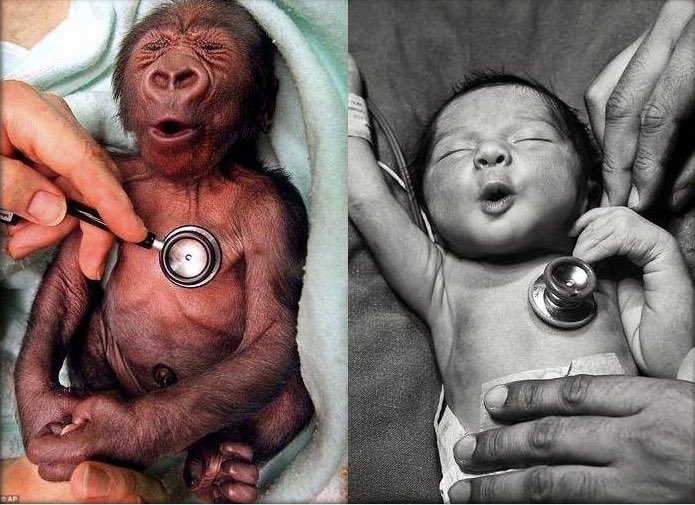“Nothing in biology makes sense except in the light of evolution” – Theodosius Dobzhansky, 1973.
Biology, the science of life, has an enormity of subfields – marine biology, biochemistry, botany, genetics, microbiology, ecology, which interact with many other fields – medicine, agriculture, economics, environmental science, climate that influence our everyday lives. Understanding evolution is therefore critical in making informed decisions about various topics, problems, and issues. Let’s take a look at some of the more important topics of the day to better understand why evolution matters to everyday people.
Why Evolution Matters
Medicine – Since bacteria and virus have such short generation times, they evolve very quickly. Understanding this salient fact yields some useful knowledge such as:
- Flu vaccinations should be taken yearly as viral strands rapidly evolve
- Antibiotics shouldn’t be overused (or taken for viruses for that matter) as it will encourage the evolution of resistant strands
- If antibiotics are proving unhelpful in fighting a bacterial infection you may be up against a resistant strand. Taking a stronger dose will only increase the selection pressure. Instead, take a combination of different antibiotics.
- Understanding genetics allows people to manage hereditary diseases
Agriculture – Billions of dollars are lost every year as a result of ignoring evolutionary theory.
- Monoculture can lead to a lack of genetic variation, making them vulnerable to disaster due to changing environmental conditions
- Using a preventive spraying of pesticides leads to pests evolving resistances to those pesticides and rendering them less useful in the future. Pesticides should only be used as necessary.
Economics – Misunderstanding evolutionary theory results in economic losses in many industries. A new field called Evolutionary Economics is growing up around the idea of combining evolutionary theory with economics.
Environmental Science – We are rapidly learning about the ecosystem services that maintaining a healthy environment provides humanity
- Hunting and farming for the largest animals, or animal traits, puts a strong selection pressure on being smaller. As elephant poachers hunted for elephants with the largest tusks, those with smaller tusks had a reproductive advantage resulting in small tusks spreading through the population. Fishing for the biggest fishes results in selection pressures for smaller fishes. Hunting and farming should strive for proportional size yields.
- Understanding the evolutionary history of organisms can help preserve biodiversity that allows ecosystem services such as: clean drinking water, decomposition of waste, nutrient dispersal and recycling, providing energy, food, and raw materials, and so on
Climate – Climate provides a strong selection pressure on nearly all life on Earth
- Plants sprout, flower, and grow earlier in the season if the climate is cooling and later in the season if the climate is warming. This affects planting and harvesting of many crops.
This is not by any means a comprehensive list although it should be easy to see that understanding and applying evolutionary theory has a wide range of effects on humanity.
Further reading: Guns, Germs, and Steel by Jared Diamond; Collapse by Jared Diamond; The Revenge of Gaia by James Lovelock; One With Niniveh by Paul and Anne Ehrlich; Betrayal of Science and Reason by Paul and Anne Ehrlich
